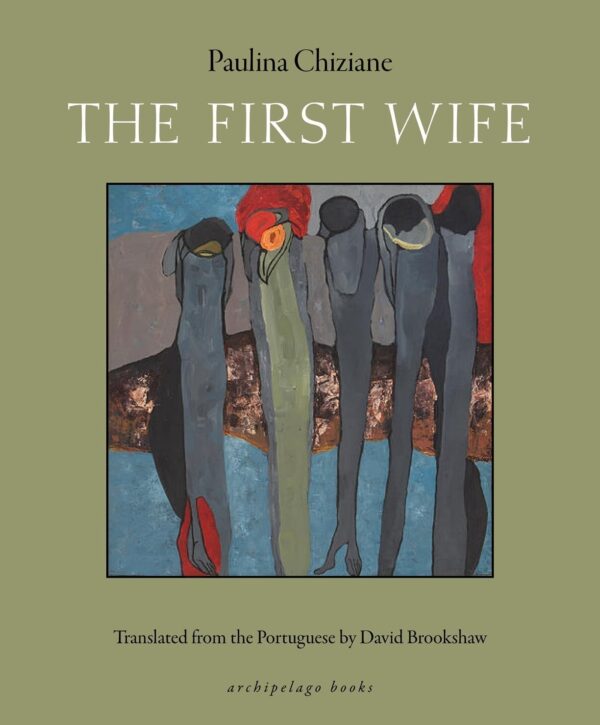The First Wife
by Paulina Chiziane
Translated from the Portuguese by David Brookshaw
Click here to download a PDF of this reading guide
Discussion Questions
- The novel opens with a Zambézian proverb: “A woman is earth. If you don’t sow her, or water her, she will produce nothing.” How does correlating the feminine with the natural impact the perception of women in society? Does this empower women or feed into patriarchal constructions of femininity? How?
- How do the different women in the story—Rami, Lu, Ju, Saly, and Mauá—cope with their disadvantaged social positions? How do their mothers and aunts cope?
- How do the institutions of polygamy and monogamy each define femininity? Do the definitions overlap?
- Many of the northern women who are proponents of polygamy consider southern women prudish and traditional to a fault. In what ways is monogamy an outdated notion?
- In the novel, the North is portrayed as a matriarchal culture where polygamy helps women maintain their status and ensures wellbeing. Does the institution of polygamy help or hurt the women in the story?
- At times it seems that Rami is breaking the chains of southern Mozambican patriarchy with radical and disobedient notions. Yet other times, she clings onto the status quo and is shocked when the northern women attempt to act beyond their restraints. Is Rami truly attempting to transcend cultural hegemony, or is she simply seeking revenge?
- Chiziane has said that “western medicine is almost mechanical, it treats the heart, the foot, the eye, while traditional medicine goes beyond.” How does traditional medicine function in the novel? Does it help Rami find peace in her marriage?
- In what ways do Rami’s problems change or develop and in what ways do they stay the same?
- How do Rami’s intentions morph as her relationship with Tony degenerates? Does she remain committed because of love, or something else?
- At what point does Rami fall out of love with Tony and why?
- Rami creates a working relationship with Tony’s other women and even helps them develop their entrepreneurial skills, yet she still refers to them as her rivals. Does Rami ever overcome this internalized misogyny, and how can we begin to interpret the complex relationships Rami holds with these other women?
- Does the novel’s resolution result from Rami and the other women taking initiative in their lives and marriage, or is it more a product of exterior cultural forces and Tony’s negligent behavior?
Additional Questions
- Could Rami have moved on from her failing marriage without the child that resulted from her kutchingering? Would Tony let her leave otherwise?
- Chiziane criticizes Mozambique’s overall patriarchal societal structure yet holds on to other cultural precedents, such as the importance of traditional healers. How does Chiziane navigate the complex web that is tradition? What role do healers, potions, and spells play in the novel and how are they portrayed within the overarching patriarchal hegemony?
- Rami’s story is a very culturally specific one, but in what ways is The First Wife actually an ode to women everywhere?

